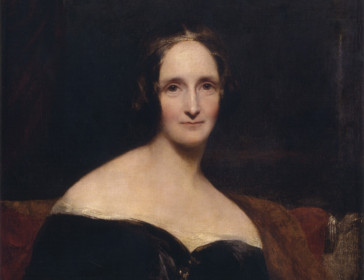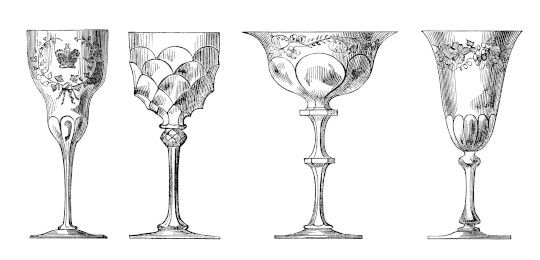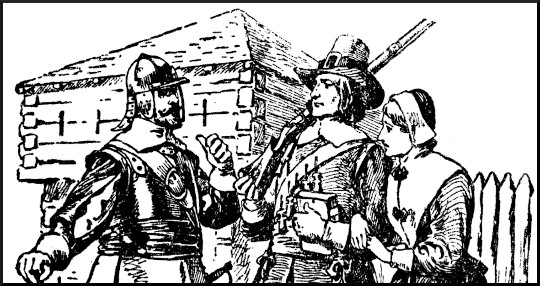George Orwell? Eric Arthur Blair? Bernard Crick? Sonia Orwell? Norman Lear? Apocryphal?
Question for Quote Investigator: George Orwell apparently once made a fascinating comment about the essence of liberty. Here are two versions:
- Freedom is the right to tell people what they do not want to hear.
- If liberty means anything at all it means the right to tell people what they do not want to hear.
Would you please help me to determine the correct phrasing and to locate a solid citation?
Reply from Quote Investigator: George Orwell (pseudonym of Eric Arthur Blair) had great difficulty finding a publisher willing to release his famous fable “Animal Farm” because of its caustic allegory. He prepared a germane preface on the topic of freedom of the press. Yet, when he finally succeeded in finding a publisher, and the work was issued in 1945 by Secker and Warburg of London, the preface was not included.
The preface was rediscovered in May 1971 among some books owned by Roger Senhouse, the former partner of publisher Fred Warburg, and it was placed into the Orwell Archive at University College London.1 Next, the preface was published in “TLS: The Times Literary Supplement” of London in September 1972. The following passage was included. Boldface added to excerpts by QI:2
I know that the English intelligentsia have plenty of reason for their timidity and dishonesty, indeed I know by heart the arguments by which they justify themselves. But at least let us have no more nonsense about defending liberty against Fascism. If liberty means anything at all it means the right to tell people what they do not want to hear. The common people still vaguely subscribe to that doctrine and act on it.
Below are additional selected citations in chronological order.
Continue reading “Quote Origin: If Liberty Means Anything At All It Means the Right To Tell People What They Do Not Want To Hear”


